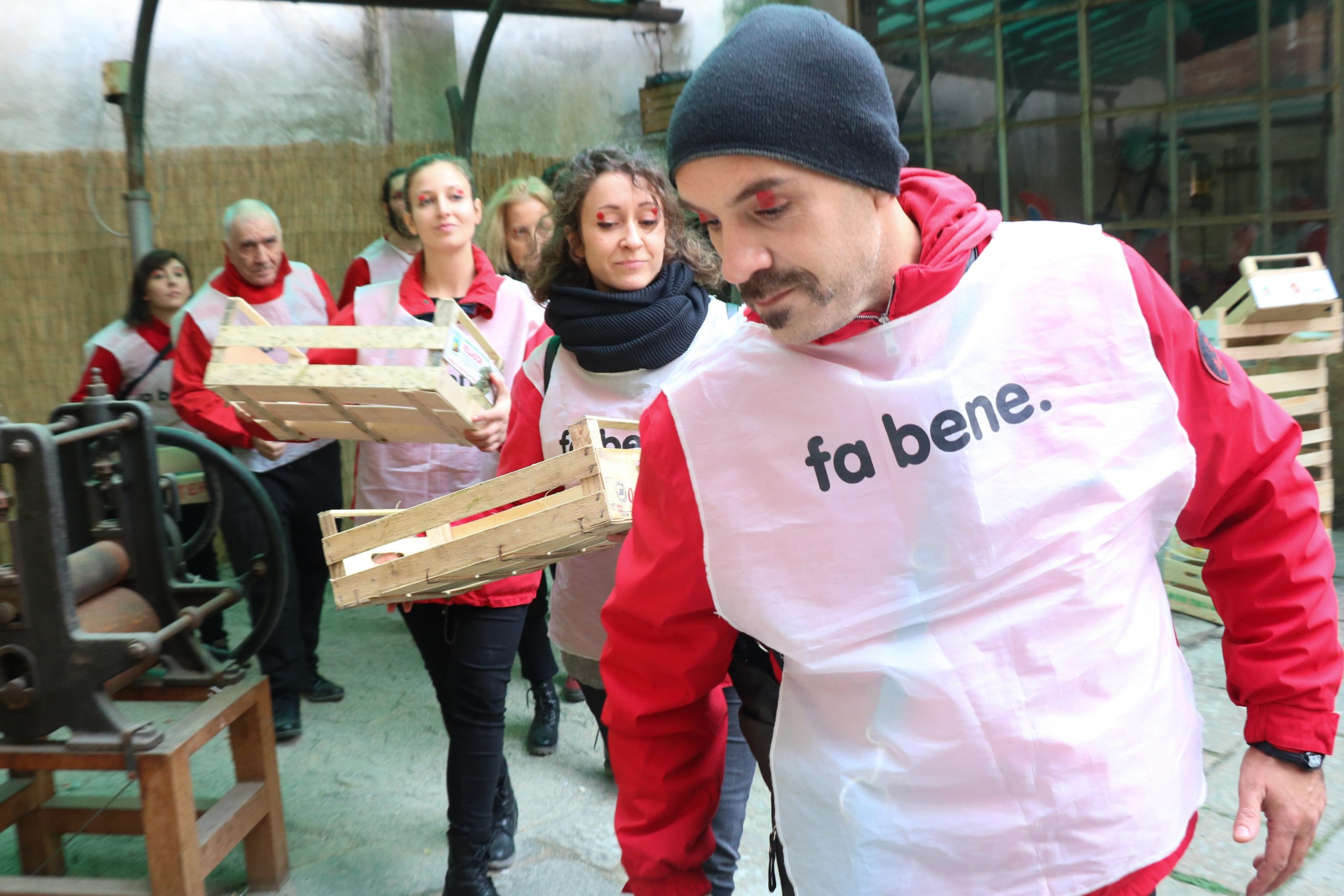I recently finished teaching my Immigration class at the University of Palermo. During the last week, we visited a Catholic charity that helps Sicily’s migrants. The workers seemed like nice people, but they were deeply economically illiterate. They didn’t have a bad word to say about the Italian government, the organization that makes immigration a presumptive crime. Quite the opposite. According to the charity’s spokesmen, the government of Italy heroically cares for migrants, giving them food, shelter, clothing, and much more. The idea that the migrants could have cared for themselves if the government just got out of the way never passed their lips.
Don’t imagine, however, that the charity workers were all-forgiving. They were eager to condemn two sets of allegedly monstrous villains.
First, human smugglers.
Second, farmers who hire illegal workers.
Why? The argument, in both cases, comes down to: Smugglers and farmers make lots of money by treating migrants terribly.
To be clear, I’m the first to admit that illegality partially undermine businesses’ standard incentives to do a good job. Not only are you unable to sue an illegal business for poor behavior. Far more importantly, reputational incentives are less potent in illegal markets. If you run the best grocery store in your area, you’re the talk of the town, and get rich. If you run the best human smuggling operation in your area, word travels softly and slowly – and maybe lands you on the radar of the authorities.
Still, even illegal markets often deliver the goods. Indeed, that is the norm.
The charity workers talked as if human smugglers’ standard procedure was to rob and murder their customers. But if this is so, how did millions of people successfully cross from North Africa to Europe? Furthermore, without illegal employment, what would illegal immigrants do after they arrive?
Yes, some smugglers just take migrants’ money, then vanish. Yes, some farmers promise to pay migrants for work, then stiff them. Normally, however, illegal businesses fulfill their promises.
If you’re already a comfortable legal resident of the First World, you’ll probably be horrified by the content of these promises. The Catholic charity workers certainly were. Smugglers charge thousands of Euros to move migrants on rickety boats. Farmers pay two Euros an hour, plus substandard room and board, to migrant workers. When I insisted that, “This is still much better than nothing,” the charity workers were appalled. Migrants aren’t making the best of a bad situation; they’re being “roped-in” by vicious criminals.
To be blunt, I’m right and they’re wrong. Yes, human smugglers charge high prices. Yes, farmers pay low wages. But the reason for these unfavorable market conditions is the oppression of the Italian government. Under open borders, migrants would travel by safe commercial channels – and be free to shop around for their best job option. It is the Italian government that pushes migrants into the shadows. And doing business in the shadows is a great burden. For transport, this means low supply and high fees. For employment, this means low demand and low wages.
When I reiterated that low-wage farm employment was “better than nothing,” the closest thing the charity workers had to an objection was, “That’s just the excuse the exploiters make.” Unfortunately, I didn’t know how to say, “You’re begging the question” in Italian.
The charity workers were proud of their humanitarian accomplishments. But the numbers they touted were disappointing at best. They spoke of helping hundreds, or maybe thousands. Human smugglers and illegal employers, in contrast, have helped millions. Most did so with little charitable intent. As usual, however, the efficacy of business greed far exceeds the efficacy of non-profit altruism.
I admire people who strive to help migrants. After all the horrors they’ve faced in their journeys, migrants must be amazed to meet total strangers eager to lend a helping hand. But distributing charity is no substitute for basic economics.
Ideally, people who work at immigration charities will take the time to grasp the basic fact that government immigration restrictions are the root cause of the evils they witness – and that illegal businesses are the best-available remedy. But if economics is not your strong suit, why not refrain from grand pronouncements, and focus on your charity work?




